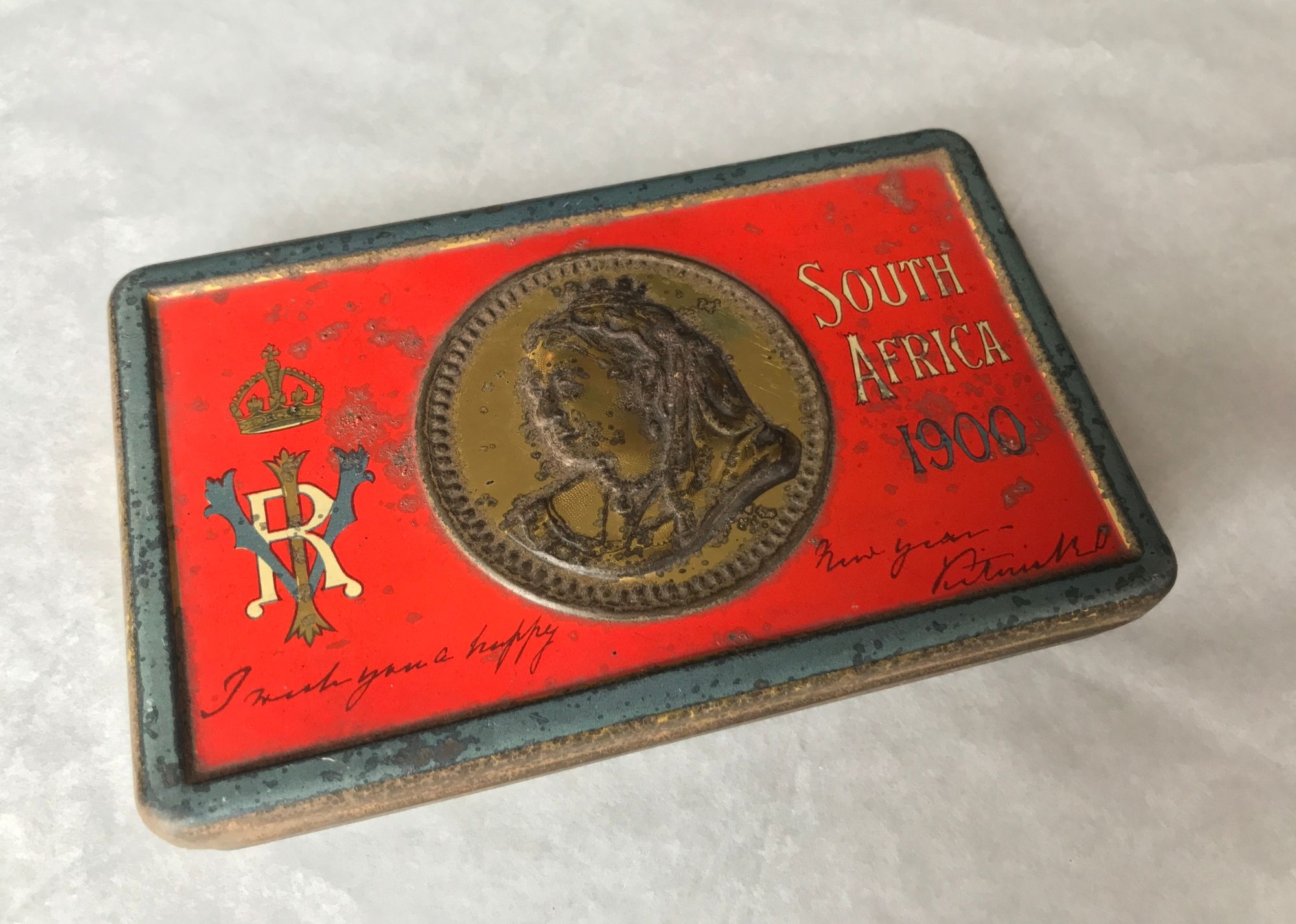A bar of chocolate, commissioned in 1900 by England’s Queen Victoria during the Boer Wars in South Africa, has been discovered in a National Trust property. The 121-year-old chocolate, which was distributed among British troops to raise morale, was found in its original tin case and wrapper in an attic at Norfolk’s Oxburgh Hall.
Also Read | How do you like your eggs? Rome chef’s elegant answer for Easter
Anna Forest, the National Trust’s cultural heritage curator, said it was a “remarkable find”, according to a report in the BBC. The chocolate was found by National Trust conservators in a Boer War helmet case and belonged to 8th Baronet, Sir Henry Edward Paston-Bedingfeld.
The conservators were cataloguing the belongings of his daughter Frances Greathead, who died at the age of 100 last year.
Also Read | Oscars 2021: ‘Hubs’ planned in UK, France over COVID-19 travel fears
The Second Boer War was fought between the British Empire and two independent Boer states that were trying to take control of South Africa from 1899 to 1902.
Queen Victoria sanctioned the production of over 100,000 tins of half a pound (around 226 grams) of plain chocolate each. The chocolate was made by British companies Cadbury, Fry and Rowntree.
According to the National Trust, all three manufacturers were opposed to the war and refused to accept payment for the order, originally donating the chocolate in unbranded tins.
Queen Victoria, however, insisted the troops should know they were getting British chocolates, so some of the chocolates were marked.
Also Read | Queen’s official birthday celebrations hit by COVID-19 pandemic twice in a row
Every soldier and officer was to get a tin with the inscription “South Africa 1900” and in the Queen’s handwriting, “I wish you a happy New Year”.
“Although it no longer looks appetising and is well past its use-by date – you wouldn’t want it as your Easter treat – it is still complete and a remarkable find,” Forrest said.
“We can only assume the 8th Baronet kept the chocolate with the helmet as a memento of his time in the Boer War.”
She said that Sir Henry was a major in the King’s Liverpool Regiment militia and was in South Africa when his father died in 1902.
“We believe that’s when he returned home to Oxburgh, with the chocolate, his helmet and a new title,” Forrest said.







